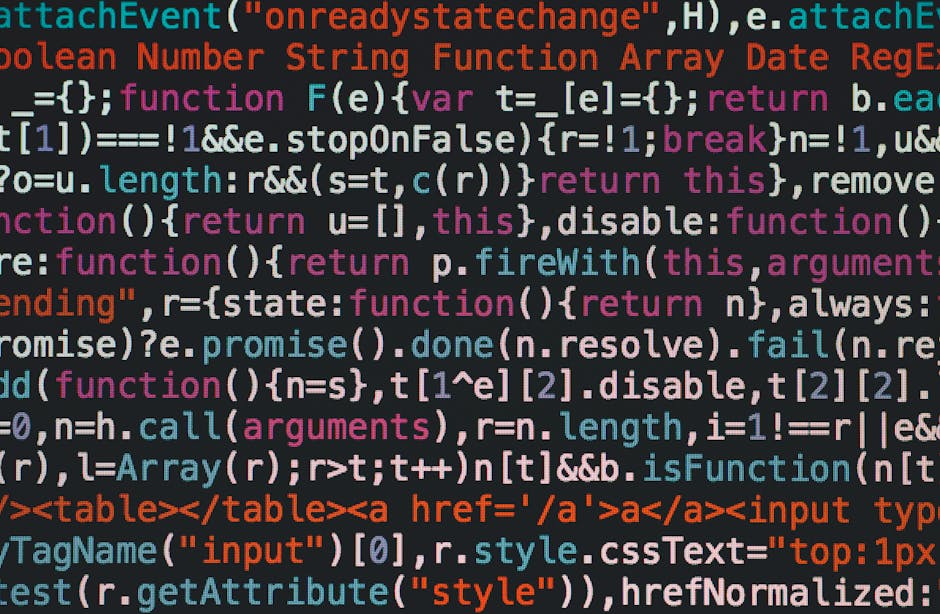The landscape of higher education is rapidly evolving, driven by powerful forces reshaping how we learn, teach, and conduct research. At the forefront of this transformation is the increasing influence of artificial intelligence. A recent roundtable discussion featuring three university presidents offered valuable insights into this evolving landscape, exploring both the tremendous opportunities and the significant challenges that AI presents to institutions of higher learning. This article summarizes their key observations and offers a glimpse into the future of the university.
Rethinking the Classroom: Personalized Learning at Scale
The presidents unanimously agreed that AI is fundamentally changing the way students learn, moving beyond traditional, one-size-fits-all approaches. The rise of adaptive learning platforms is a key driver of this shift. These platforms leverage AI to tailor coursework to each student’s unique strengths, weaknesses, and learning pace. This personalization extends beyond simple adjustments; it provides real-time feedback, targeted resources, and customized learning paths.
One president highlighted a particularly impactful application: AI-driven tutoring systems. These systems are demonstrably closing achievement gaps, providing crucial support for first-generation students and those from underrepresented backgrounds who may not have access to the same level of academic support outside of the university. The ability to provide individualized attention and feedback, previously unattainable at scale, is proving to be a powerful equalizer.
Beyond direct student support, AI is also providing educators with valuable insights. The ability to analyze vast quantities of learning data allows faculty to identify struggling students early. This early intervention capability is critical for preventing academic problems from escalating and ensuring that all students have the opportunity to succeed. This proactive approach is a significant departure from traditional reactive measures.
Academic Integrity in the Age of AI
The proliferation of generative AI tools – systems capable of writing essays, generating code, and producing other forms of creative content – has understandably raised significant concerns about academic integrity. These tools present new challenges to traditional assessment methods and necessitate a reevaluation of what constitutes original work. The presidents recognized the urgency of addressing this issue head-on.
The discussions centered around the need to develop new honor codes that explicitly address the ethical use of AI. Emphasis was placed on assessment strategies that prioritize critical thinking, problem-solving, and the development of original ideas – skills that are currently difficult for AI to replicate convincingly. While the piloting of AI-detection software is underway, the presidents emphasized that technological solutions are only part of the answer.
A more fundamental shift is required—a cultural shift that fosters a strong sense of trust and ethical responsibility among students. The presidents underscored the importance of educating students about the ethical implications of using AI and encouraging them to embrace academic integrity as a core value. Simply detecting AI-generated content is not enough; the focus must be on cultivating a culture of honesty and accountability.
Faculty Upskilling and Collaboration
The rapid and continuous evolution of AI demands a corresponding commitment to faculty development. The presidents all described substantial investments in professional development initiatives designed to equip faculty with the knowledge and skills needed to effectively integrate AI into their teaching and research. These initiatives take various forms, including workshops, micro-credentials, and interdisciplinary collaborations.
The benefits of faculty upskilling extend far beyond simply learning how to use AI tools. Many professors who embrace AI are discovering new and innovative ways to engage students, automating tedious administrative tasks, and even collaborating with intelligent systems to co-create research. The potential for AI to enhance the faculty experience is significant, and institutions are recognizing the importance of supporting these efforts.
The discussions highlighted the need for a collaborative approach to faculty development, bringing together experts from various disciplines to share best practices and explore new applications of AI. This collaborative environment fosters innovation and ensures that faculty have access to the support they need to succeed in a rapidly changing landscape.
Equity, Access, and the Digital Divide
While AI holds immense potential to democratize education, realizing this promise requires a concerted effort to address issues of equity and access. The presidents acknowledged that the benefits of AI-powered learning are only accessible if all students have the necessary devices, reliable connectivity, and the digital literacy skills needed to thrive.
Efforts are underway to provide all students with the technology and support they need, regardless of their socioeconomic background. This includes providing laptops and internet access, as well as offering training programs to develop essential digital literacy skills. However, providing access to technology is only the first step.
Equally important is ensuring that AI algorithms are transparent and free from bias. Algorithms trained on biased data can perpetuate and even amplify existing inequalities, disproportionately impacting marginalized students. The presidents emphasized the need for rigorous testing and ongoing monitoring to ensure that AI systems are fair and equitable for all learners. Transparency and accountability are paramount in preventing AI from entrenching existing disparities.
Ethical Dilemmas and Institutional Mission
The integration of AI into higher education raises a host of complex ethical questions that demand careful consideration and proactive solutions. Issues such as data privacy, student consent, and algorithmic accountability are at the forefront of these discussions. The presidents recognized the importance of developing new policies and governance structures to navigate these ethical challenges, all while remaining grounded in the university’s core mission.
Who owns student data generated by AI-powered learning platforms? How can institutions ensure that students’ privacy is protected and that they have given informed consent for the use of their data? What happens when AI makes an error, and who is responsible for correcting it? These are just a few of the questions that require thoughtful and comprehensive answers.
The discussions highlighted the importance of establishing clear guidelines for the ethical use of AI, balancing the potential benefits of the technology with the need to protect student rights and uphold the university’s commitment to social responsibility. These guidelines must be developed in consultation with stakeholders, including students, faculty, and administrators, ensuring that all voices are heard and that the resulting policies are fair and equitable.
Looking Ahead: The University of the Future
Despite the challenges, all three presidents expressed optimism about the transformative potential of AI to enhance learning, research, and community engagement. They envision universities evolving into innovation hubs, where humans and machines collaborate to solve some of society’s most pressing challenges.
The university of the future will be a place where AI is seamlessly integrated into every aspect of the educational experience, from personalized learning and research to student support services and administrative operations. However, realizing this vision requires more than just technological innovation. It demands thoughtful leadership, ongoing dialogue, and a unwavering commitment to putting students and values at the center of every decision.
The presidents cautioned that success in the age of AI depends not only on embracing new technologies but also on preserving the core values that have always defined higher education: critical inquiry, intellectual curiosity, and a commitment to social responsibility. The challenge is to harness the power of AI to enhance these values, not to replace them.
The discussions concluded with a shared understanding that the university of the future will be defined by its ability to adapt, innovate, and lead with integrity in an increasingly complex and rapidly changing world.




Leave a Reply
You must be logged in to post a comment.